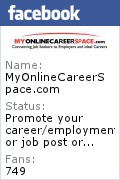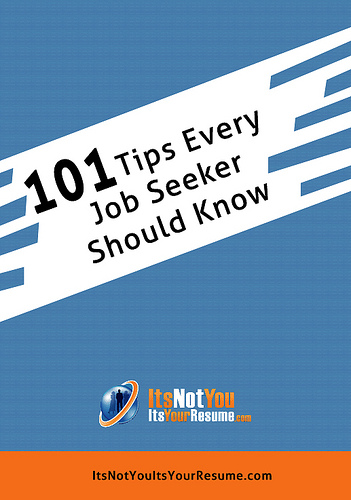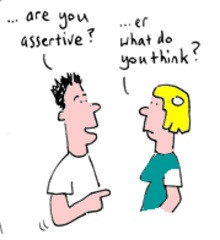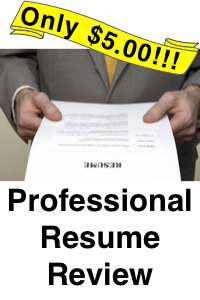Employers - are you maximizing the potential of social media in your workplace, and are you fully aware of the impact it can have both internally and externally?
Here are some key areas that it is worth considering when reviewing your organization’s social policies and attitudes to social media.
Employees can use social media AND be productive
Many companies operate a full ban on social media on office computers. However, certain professional sites, particularly LinkedIn, can be beneficial to employees and your business.
For example, if you allow the use of LinkedIn and set a policy for how employees can get the most from it, they will be able to build their professional networks and grow their own personal brand as an expert within their field. In this way, you can have a whole set of ambassadors for your business. This will help you to develop your organisation’s brand awareness, and give you more exposure to potential clients, customers and a talent pool of prospective employees.
Don’t judge a (Face) book (profile) by its cover
It’s no surprise that over 37% of employers have said that they look at applicant’s Facebook profiles when they are reviewing CVs. Just Googling a prospective employee can bring up a wealth of information on them – and if their profile is open for all to view, many people take the opinion that it is the individual’s own fault if employers are put off recruiting them.
But judging someone purely on the fact that they’ve been tagged in some photos on a boozy night out might mean that you are missing out on some real talent. If you have a stand-out CV in front of you, give the applicant a chance to prove themselves either over the phone or in interview – or you could be doing your team a disservice.
Open your eyes to the internal benefits …
Not only can you benefit from the use of external sites such as LinkedIn, you can also use social media to enhance your internal communications. Sites such as Yammer, a private social network for businesses, are being used by organisations such as Shell, DHL and 7Eleven. Yammer can be used for sharing files, knowledge and hosting group conversations across the business. This is an excellent internal tool that can be shared by everyone – and much more efficient than those inbox-cluttering group e-mails.
Be aware of the employment laws and cover your back
We have seen many cases in the news where employees have been sacked for an inappropriate status update on Twitter or Facebook. However, you need to be cautious as an employer when dealing with these matters, as employment legislation with regards to social media can be murky – and you don’t want to be in a situation that brings you to an employment tribunal.
To prevent legal issues, don’t just imply what is acceptable or not acceptable use of social media in your business. Make sure to set out a clear policy covering usage, privacy and data protection in your employee’s contract.
In addition to this, put some social media training in place, and incorporate social media policies into your induction process with every new employee. This way you are protecting your business should an employee who breaches your policy plead ignorance.
Protect your company social media channels
You may have a company Twitter, Facebook or LinkedIn page with a steady growth of followers. Great! However, the monitoring and protection of these sites is crucial to the reputation of your business. Take for example the recent scenario where HMV workers took over their Twitter page to vent their fury at sackings going on in the head office following the company going into administration.
Access to social media passwords must be strictly protected and limited to a few employees only. If someone who has access to the company’s social sites leaves the business, or is fired, you need to change your log-ins immediately. In the case of HMV, they should have pre-empted the sensitive scenario of the company having to lose a large proportion of their employees and acted immediately to protect their brand across all of their social channels.
Lastly, here are 5 top social media tips for employers…
1) If your employees have built up valuable client details on their LinkedIn network, make sure to get a copy of these contacts if they leave the business to ensure you are not losing valuable data.
2) Building a social policy into employee’s contracts is vital to the protection of your organization’s brand
3) Use social networking to improve internal communications and encourage staff to interact and share their ideas
4) When screening candidates, don’t rely too heavily on their social presence e.g. Facebook page when assessing their suitability for a role
5) Share – social is about sharing information. Don’t just talk about your business on your social media channels. Focus on interaction with your networks, and sharing original, interesting content.
Attached Images:
- License: Creative Commons image source
Melissa Mead works as a Marketing Assistant for Sellick Partnership, a recruitment agency specialising in the finance, procurement and legal sectors. Established in 2002, the firm has expanded to six offices, offering recruitment solutions nationwide. Visit their website at www.sellickpartnership.co.uk or read their blog here.
For more career tips, check out these posts:
 Social Media and Employment |
 Stop Auditioning for Jobs! |
|---|
| Join Us On Twitter: |
|---|
 |
|---|
| Like Us On Facebook: |
|---|
 |
|---|















![Higher Learning Leads to Higher Earnings, Especially for Men [InfoGraphic] Higher Learning Leads to Higher Earnings, Especially for Men [InfoGraphic]](../4022/4340939642_374fbff6e3_m.jpg)









